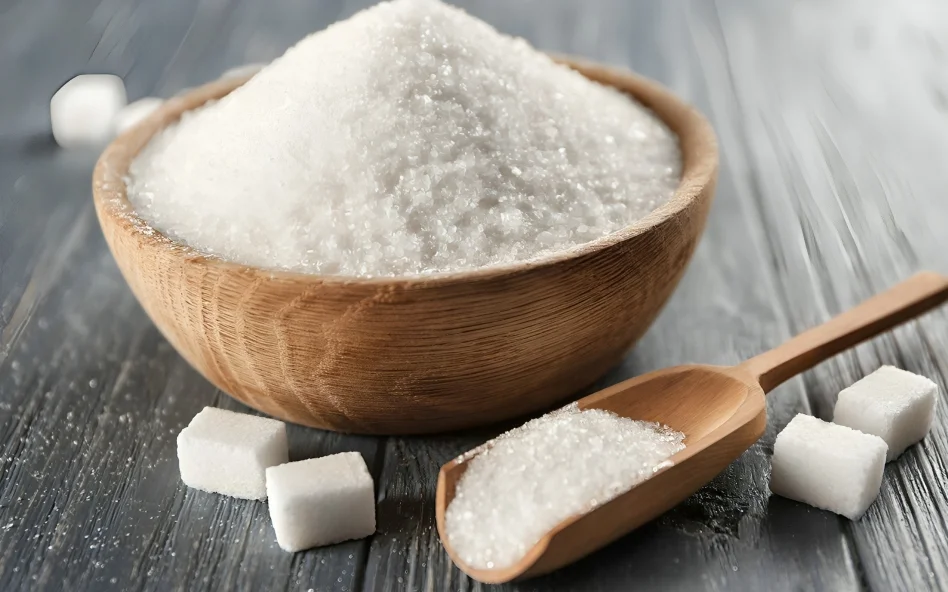Islamabad, 30 July: Prime Minister Shehbaz Sharif’s tax crackdown on Pakistan’s sugar industry—seen as part of the broader Prime Minister sugar conflict with the entrenched sugar mafia—has triggered a sharp rise in retail sugar prices, severely impacting consumers across the country
The Federal Board of Revenue (FBR) boosted documented sugar sales from Rs. 107 billion to Rs. 152 billion in a year, recovering Rs. 57 billion in tax leakages through monitoring and track-and-trace systems.
This helped raise the tax-to-GDP ratio to 10.3 percent, but prices have surged as the industry passes costs to consumers. Sugar has disappeared and retail price is hovering from 330 to 350.
The sugar sector, led by the Jehangir Khan Tareen Group (15% market share) and Omni Group (12%), is politically connected, complicating enforcement. Former Finance Minister Miftah Ismail said Sharif resisted export demands and imposed a super tax on mills. Ismail criticized recent export approvals under Finance Minister Ishaq Dar, which worsened price hikes. In a fiery exchange during a meeting of the Public Accounts Committee (PAC), Member of National Assembly (MNA) Aamir Dogar claimed that the majority of the country’s sugar mills are owned by President Asif Ali Zardari, Jahangir Tareen, and the Sharif family.
According to news reports PM Shehbaz has already ordered that no tax evasion would be tolerated, even if members of his own family were implicated. The Intelligence Bureau, FIA, and other agencies have also been tasked to probe sugar hoarders.
READ MORE: Sugar Barons and the Ongoing Crisis in Pakistan’s Sugar Industry
Tax enforcement also lifted tobacco sales by 103%, doubled cement revenue, increased beverage sales by 23%, and raised poultry hatchery revenues by 50% in a month. Enforcement drove 15% of annual tax revenue growth. Sharif ordered agencies like the Intelligence Bureau and FIA to probe sugar hoarding, vowing no tolerance for evasion, even among family.
The government must now balance tax gains with price control to curb the sugar industry’s influence. Failure risks strengthening the sector’s market dominance, while success could mark a historic win.









